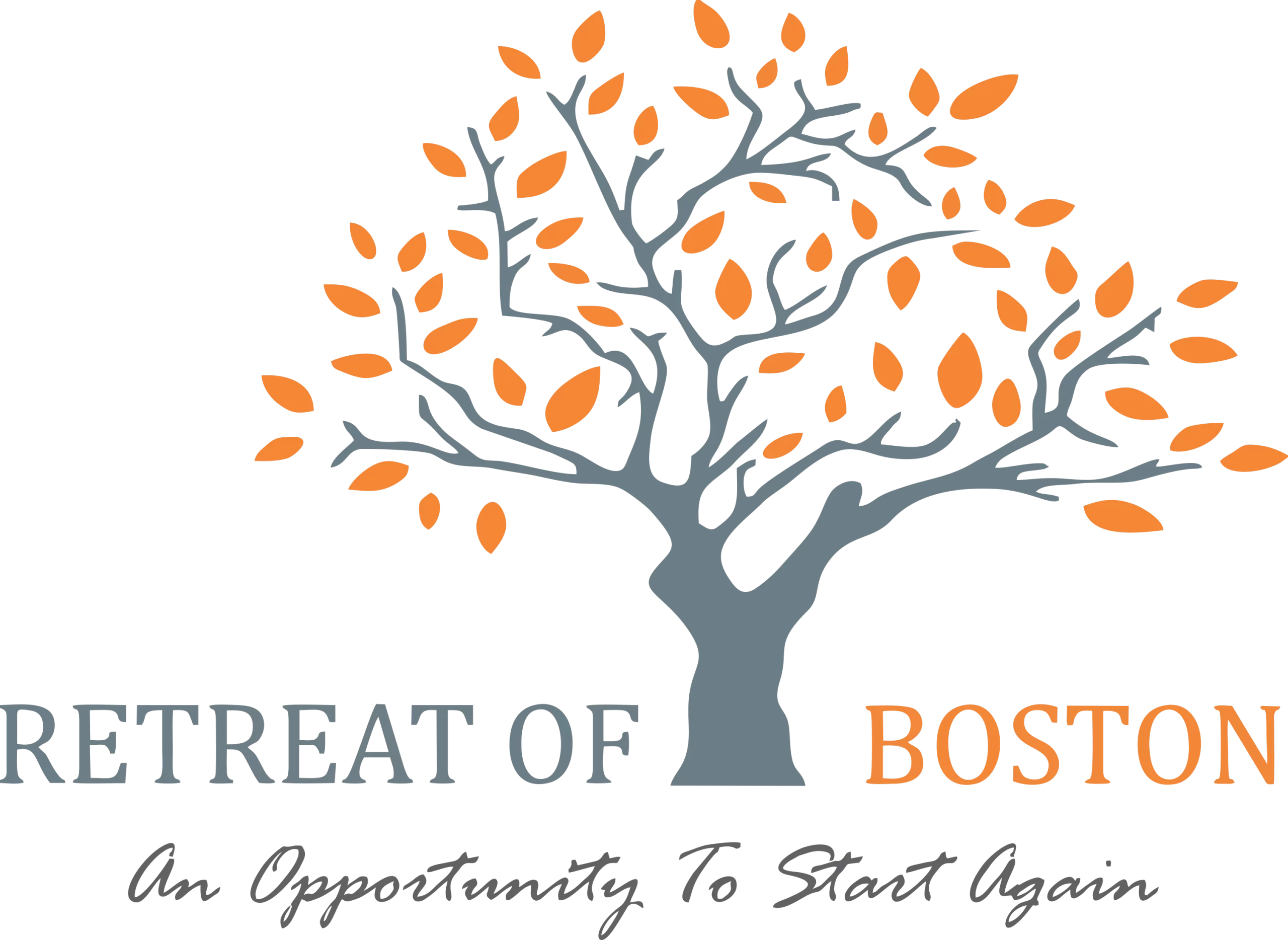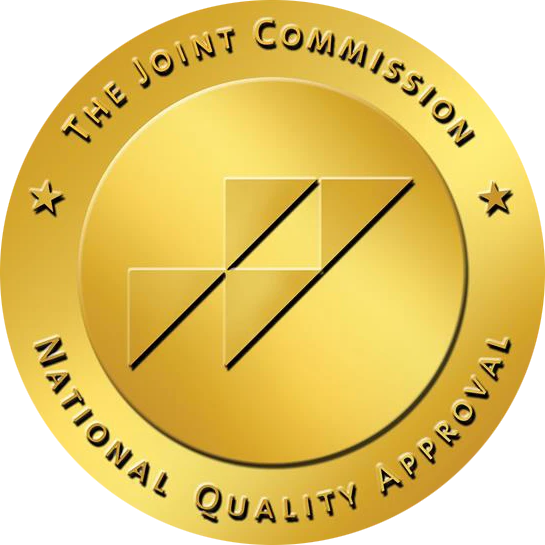At The Retreat of Boston, we specialize in men’s detox programs in Boston designed to help men begin recovery in a safe, comfortable, and supportive environment. Our goal is to make detox the first positive step toward lasting sobriety—where medical expertise, comfort, and compassion come together.
Upon admission, every client receives a comprehensive assessment that reviews medical history, substance use, and mental health. This ensures each detox plan is fully personalized to your unique needs. Our 24/7 medical team provides constant supervision throughout withdrawal, using Medication-Assisted Treatment (MAT) when appropriate to reduce discomfort, stabilize the body, and promote a smoother detox experience.
Comfort is central to your recovery experience. The Retreat of Boston offers modern, private accommodations, nutritious chef-prepared meals, and amenities designed for relaxation and renewal. Clients can participate in mindfulness practices, light fitness activities, and wellness sessions that encourage both physical healing and emotional balance.
In addition to medical detox, we provide individual and group therapy tailored specifically to men. These sessions create space to explore emotional challenges, reduce stress, and build resilience—all within a brotherhood of shared experience. Family involvement is also encouraged, helping loved ones understand the recovery process and strengthen long-term support. When you choose The Retreat of Boston, you’re choosing a detox experience built on dignity, safety, and individualized care. Our men’s detox programs in Boston provide the structure, guidance, and comfort you need to take your first confident step toward a healthier, addiction-free life.











